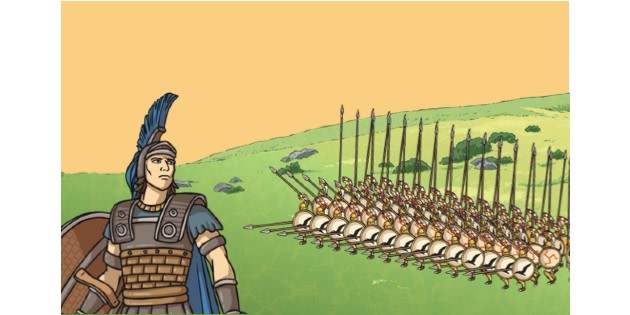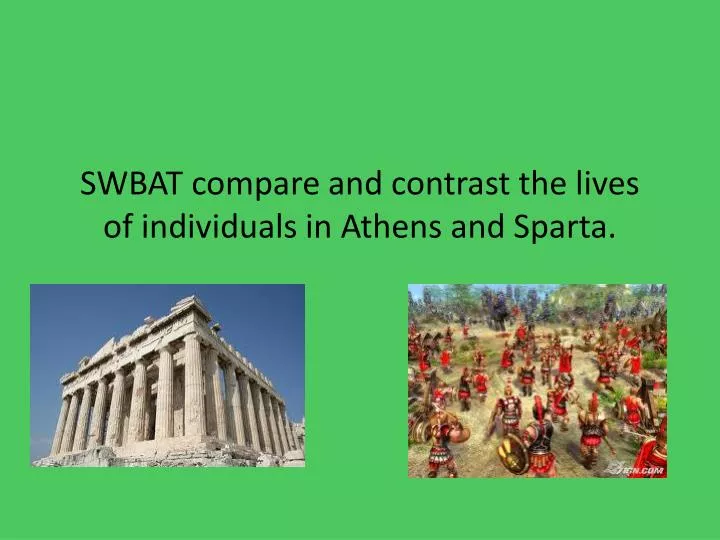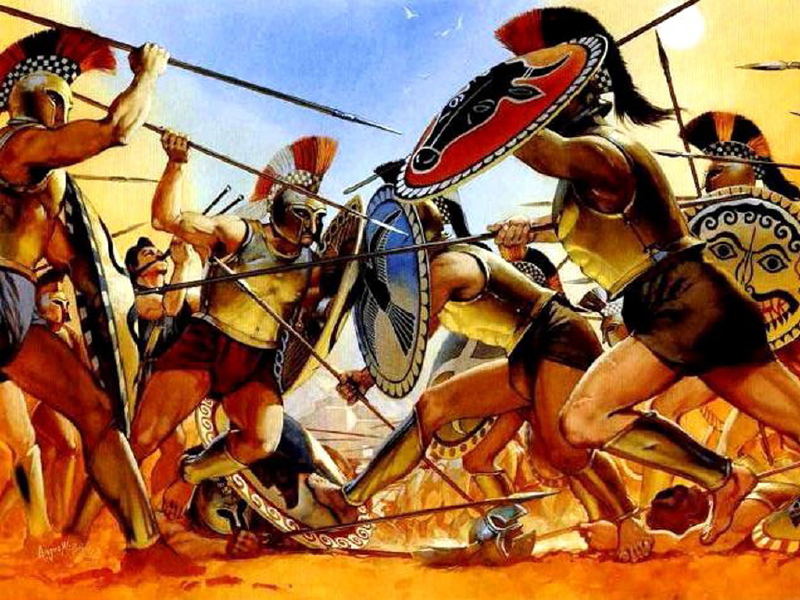The four most common systems of Greek government were: Democracy – rule by the people (male citizens).; Monarchy – rule by an individual who had inherited his role.; Oligarchy – rule by a select group of individuals.; Tyranny – rule by an individual who had seized power by unconstitutional means.; Our knowledge of the political systems in the ancient Greek world comes from a wide range of sources.
Ancient Spartan Government | Overview & Political System – Video & Lesson Transcript | Study.com
Sparta was a powerful city-state in Ancient Greece. It was an oligarchy ruled by a small number of male citizens. The government had four parts. Two kings served in military and priestly roles. A council of elders (two kings and twenty-eight elders) was the law-making body and had judicial duties. Five ephors (supervisors) oversaw day-to-day

Source Image: slideplayer.com
Download Image
Sparta and Athens Sparta The distinctiveness of Sparta. Prominent among the states that never experienced tyranny was Sparta, a fact remarked on even in antiquity. It was exceptional in that and in many other respects, some of which have already been noted: it sent out few colonies, only to Taras (Tarentum, in southern Italy) in the 8th century and—in the prehistoric period—to the Aegean

Source Image: quizlet.com
Download Image
PPT – SWBAT compare and contrast the lives of individuals in Athens and Sparta. PowerPoint Presentation – ID:3129795 Athens’ democratic government and open culture stood in stark contrast to the government and society of its chief rival Sparta. Sparta was a warrior society of fierce, often unbeatable soldiers, and only warriors participated in political life.

Source Image: twinkl.co.uk
Download Image
How Did Spartan Government Differ From Athenian Government
Athens’ democratic government and open culture stood in stark contrast to the government and society of its chief rival Sparta. Sparta was a warrior society of fierce, often unbeatable soldiers, and only warriors participated in political life. Nov 21, 2023Athens is a prime example of a direct democracy, which differs from the more typical modern representative democracy. Citizens in Athens directly participated in the process of government, and
Spartan History – Ancient Greece – Twinkl Teaching Wiki
Sparta was a city in Greece in which the form of the kingdom in the form of joint authority was preserved. Spartan political system was a combination of monarchy (kings), oligarchy (Gerousia) and democracy (ephoroi, ephors). Oligarchy – Sparta always had two kings, the state was ruled by two hereditary kings of the Agiad and Eurypontid I find it hard to pick sides in the war – the game makes the conflict feel so foreign and detached. That said, some of the gear is pretty slick! : r/AssassinsCreedOdyssey

Source Image: reddit.com
Download Image
TIL that Sparta’s reputation as a military machine is largely myth, that they lived an ordinary Greek lifestyle, and they should really be known for responsible and stable government. : r/todayilearned Sparta was a city in Greece in which the form of the kingdom in the form of joint authority was preserved. Spartan political system was a combination of monarchy (kings), oligarchy (Gerousia) and democracy (ephoroi, ephors). Oligarchy – Sparta always had two kings, the state was ruled by two hereditary kings of the Agiad and Eurypontid

Source Image: reddit.com
Download Image
Ancient Spartan Government | Overview & Political System – Video & Lesson Transcript | Study.com The four most common systems of Greek government were: Democracy – rule by the people (male citizens).; Monarchy – rule by an individual who had inherited his role.; Oligarchy – rule by a select group of individuals.; Tyranny – rule by an individual who had seized power by unconstitutional means.; Our knowledge of the political systems in the ancient Greek world comes from a wide range of sources.

Source Image: study.com
Download Image
PPT – SWBAT compare and contrast the lives of individuals in Athens and Sparta. PowerPoint Presentation – ID:3129795 Sparta and Athens Sparta The distinctiveness of Sparta. Prominent among the states that never experienced tyranny was Sparta, a fact remarked on even in antiquity. It was exceptional in that and in many other respects, some of which have already been noted: it sent out few colonies, only to Taras (Tarentum, in southern Italy) in the 8th century and—in the prehistoric period—to the Aegean

Source Image: slideserve.com
Download Image
Athens vs. Sparta in Ancient Greece | History, Differences & Wars – Video & Lesson Transcript | Study.com The Spartan Constitution (or Spartan politeia) are the government and laws of the classical Greek city-state of Sparta.All classical Greek city-states had a politeia; the politeia of Sparta however, was noted by many classical authors for its unique features, which supported a rigidly layered social system and a strong hoplite army.

Source Image: study.com
Download Image
Theseus Aegean: The Persian Wars Athens’ democratic government and open culture stood in stark contrast to the government and society of its chief rival Sparta. Sparta was a warrior society of fierce, often unbeatable soldiers, and only warriors participated in political life.

Source Image: theseus-aegean.blogspot.com
Download Image
What is the Difference Between Athens and Sparta – Pediaa.Com Nov 21, 2023Athens is a prime example of a direct democracy, which differs from the more typical modern representative democracy. Citizens in Athens directly participated in the process of government, and

Source Image: pediaa.com
Download Image
TIL that Sparta’s reputation as a military machine is largely myth, that they lived an ordinary Greek lifestyle, and they should really be known for responsible and stable government. : r/todayilearned
What is the Difference Between Athens and Sparta – Pediaa.Com Sparta was a powerful city-state in Ancient Greece. It was an oligarchy ruled by a small number of male citizens. The government had four parts. Two kings served in military and priestly roles. A council of elders (two kings and twenty-eight elders) was the law-making body and had judicial duties. Five ephors (supervisors) oversaw day-to-day
PPT – SWBAT compare and contrast the lives of individuals in Athens and Sparta. PowerPoint Presentation – ID:3129795 Theseus Aegean: The Persian Wars The Spartan Constitution (or Spartan politeia) are the government and laws of the classical Greek city-state of Sparta.All classical Greek city-states had a politeia; the politeia of Sparta however, was noted by many classical authors for its unique features, which supported a rigidly layered social system and a strong hoplite army.